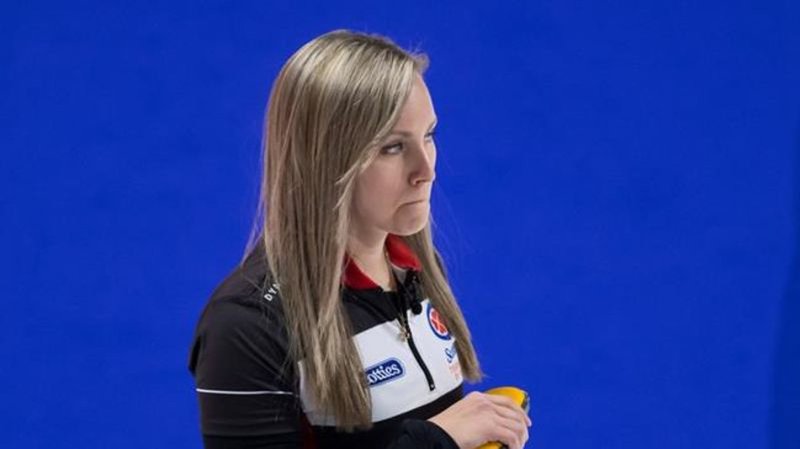
Curling season already on thin ice faces uncertain future due to pandemic
A curling season struggling to gain traction due to the pandemic was dealt a blow Monday as a high-profile team pulled out of a prominent upcoming bonspiel citing an “increase in COVID-19 cases.”
Team Rachel Homan tweeted that it made the “difficult decision to withdraw” from the Oct. 9-12 Stu Sells Toronto Tankard. Ontario has seen a significant uptick in cases of late with an additional 615 cases reported Monday.
Homan’s withdrawal came a day after the Stu Sells Oakville Tankard, a bonspiel that attracted a number of top domestic teams, pulled the plug on half of its playoff draw when a player received a notification on their COVID Alert app.
Organizers planned to meet later Monday to discuss the status of this week’s event, which is to be played at the same KW Granite Club venue in Waterloo, Ont.

